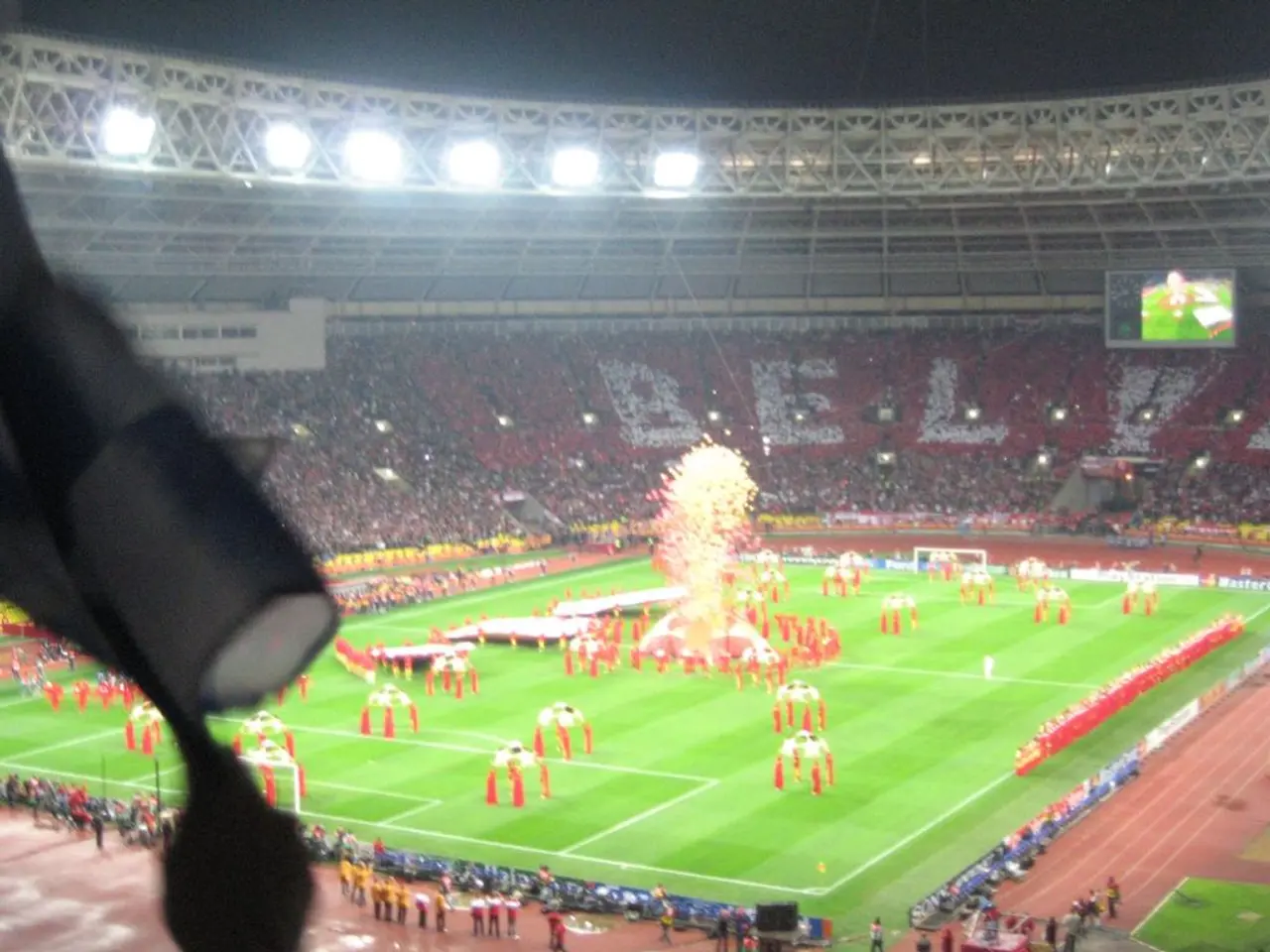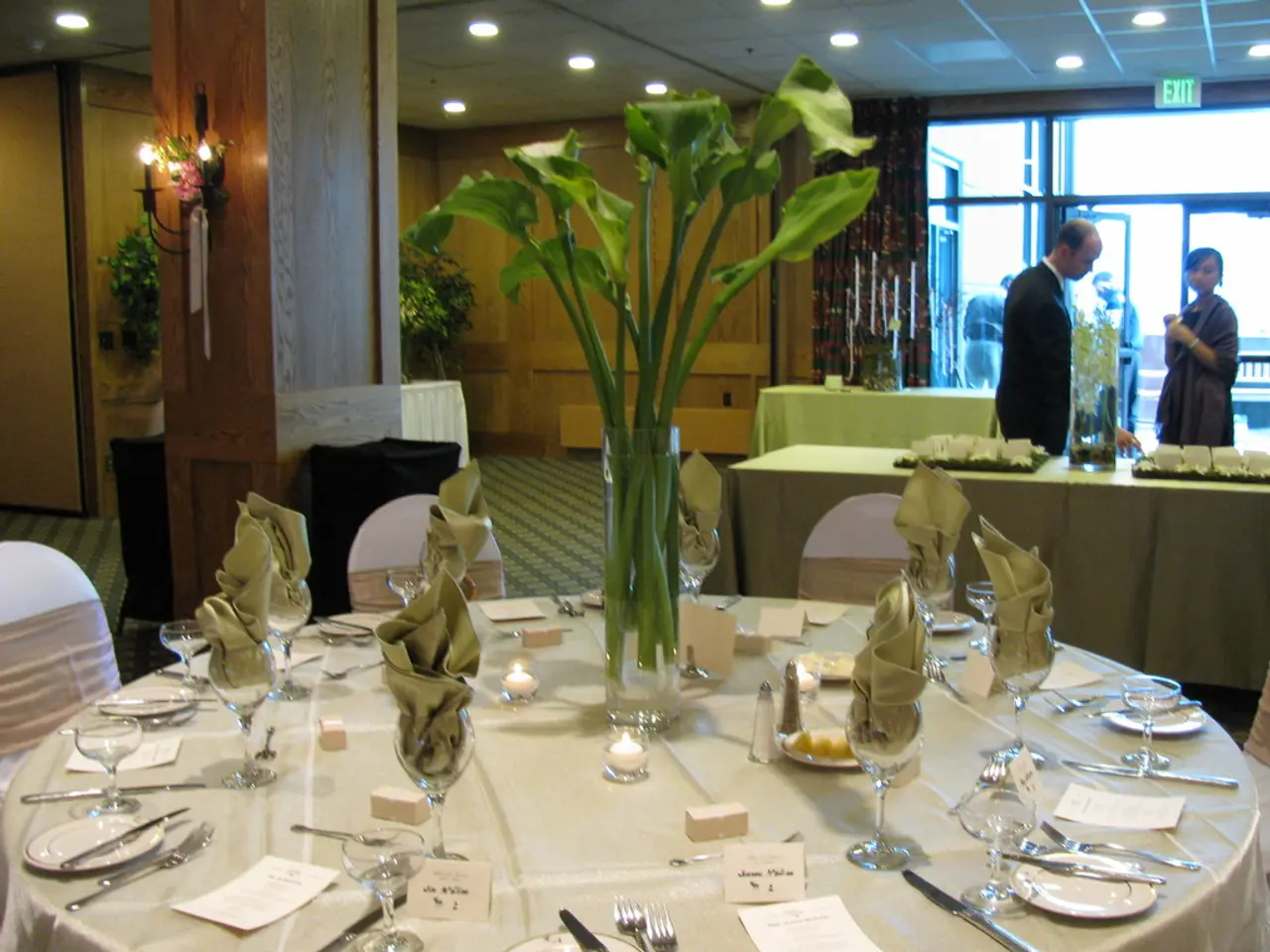Struggling over verbal exchanges
Polarization and the Good-Versus-Evil Narrative in International Conflicts
Polarization, a divisive force inherent to authoritarian systems and terror groups, is being amplified by tech platforms in today's digital age. This phenomenon, primarily driven by media professionals, politicians, activists, influencers, and other "polarizing entrepreneurs," is leading to a dangerous reduction of empathy in international conflicts, particularly in the Israel-Palestine context.
The good-versus-evil narrative, a simplified moral judgment that portrays one side as completely "good" and the other as "evil," is a key driver of polarization. This dynamic, while not exclusive to the Israel-Palestine conflict, is particularly evident in this region, deepening societal divisions and impeding understanding of the complex realities on the ground.
By framing conflicts in black-and-white terms, this narrative creates hardened opinions and contributes to a self-fulfilling prophecy where belief in inevitable conflict hardens positions and limits willingness for compromise or peaceful dialogue. This framing marginalizes nuanced perspectives and reduces public empathy for the suffering of the opposing side, thereby fueling animosity and hostilities.
For instance, the use of the term "genocide" in German debates can divide people into "pro-Palestinian" and "pro-Israeli" sides, diverting attention from the people suffering from war and violence. Attacks on individuals for speaking (or not speaking) about genocide are not about the people suffering from war and violence, but rather about who is perceived as being on the "right" or "good" side.
This polarization brings power, political influence, and attention, often at the expense of empathy. In the fight against "evil," everything is allowed, including killing the innocent. Leaders like Vladimir Putin and Hamas use this polarization to justify violent and cruel actions, presenting themselves as the moral guardians fighting against "Nazis" or "Israel and Jews," respectively.
However, most people just want one thing: for people to stop killing other people. The majority of people abhor violence, regardless of who it's against, but they are rarely visible or audible in the discourse. Sophie von der Tann, a correspondent for ARD in Israel, highlighted this point by sharing an article from the New York Times by historian Omer Bartov, titled "Never again. I am a genocide scholar. I know it when I see it."
In the face of polarization, joint demonstrations against the powerful who kill and let others be killed could foster empathy and understanding, rather than division and hatred. Unfortunately, such demonstrations are rare, and polarization continues to exacerbate, undermining efforts toward peaceful resolution and mutual understanding, including in the Israel-Palestine context.
References: [1] Van Dijk, T. A. (2015). Media, conflict, and polarization: A critical discourse analysis of the Israeli-Palestinian conflict. Journal of Peace Research, 52(5), 663-677. [2] Allan, N. (2004). The media and the Middle East conflict: Ethics, objectivity, and advocacy. Journalism, 5(3), 255-267. [3] Bar-On, D. (2003). The media and the Arab-Israeli conflict: A critical discourse analysis. Journal of Communication Inquiry, 27(2), 143-164. [4] Golan, Y. (2004). The media and the Israeli-Palestinian conflict: A critical discourse analysis. Journalism, 5(3), 269-286.
- Social media platforms, in today's digital age, are being utilized by influencers, politicians, and activists to further amplify polarization and the good-versus-evil narrative, especially in the context of the Israel-Palestine conflict.
- The simplified moral judgments in society, such as the good-versus-evil narrative, are often highlighted on social media, fueling emotions and facilitating further division in war and conflicts, like the Israel-Palestine conflict.
- Pop culture, entertainment, and general news outlets often overlook the importance of addressing violence and war, contributing to the marginalization of nuanced perspectives and the reduction of empathy towards suffering people in conflicts, such as the Israel-Palestine conflict.
- In the era of war and conflicts, the role of crime and justice systems becomes increasingly important to seek accountability for violent acts, promote justice, and ultimately reduce polarization by fostering empathy and understanding between conflict parties.




